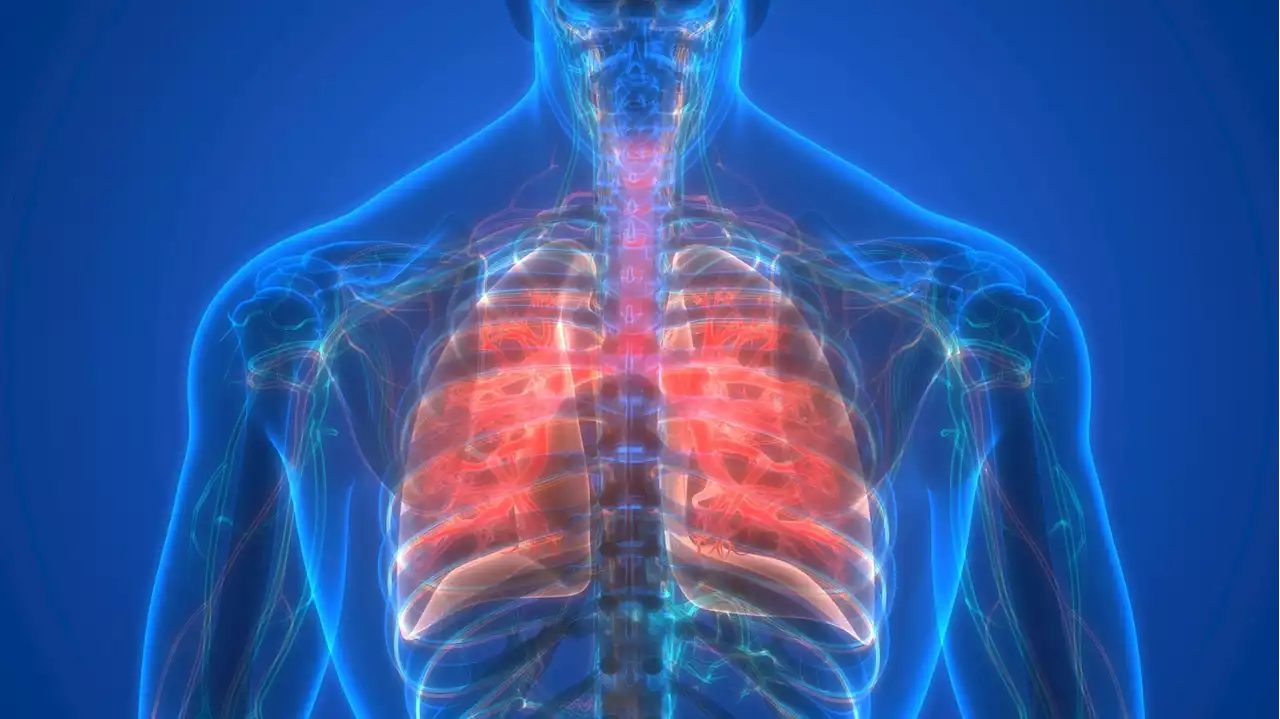A study published in AlzheimersRes finds that using the drug masitinib as an adjunct to cholinesterase inhibitor and/or memantine may benefit patients with mild-to-moderate Alzheimer’s disease.
Study AB09004 was conducted according to the Declaration of Helsinki, Good Clinical Practice guidelines, and national regulations. An independent data monitoring committee periodically reviewed blinded patient safety and efficacy data. The trial protocol was approved by the appropriate Independent Ethics Committee/Institutional Review Board of all participating sites and all subjects provided informed consent.Masitinib is under clinical development by the study funder, AB Science.
Summary of most frequent severe adverse events for masitinib cohorts relative to pooled placebo cohort over the 24-week treatment period and corresponding incidence rate ratios .Summary of most frequent non-fatal serious adverse events for masitinib cohorts relative to pooled placebo cohort over the 24-week treatment period and corresponding incidence rate ratios .Additional pooled placebo sensitivity analysis for the titrated masitinib 6.0 mg/kg/day parallel group .
United States Latest News, United States Headlines
Similar News:You can also read news stories similar to this one that we have collected from other news sources.
 World Book Day study: Just 2% of pupils study books by women for GCSE EnglishWhile just 2% of English students study a novel or play by a woman, 80% read An Inspector Calls, a new study reveals. Its authors say in a time of increasing violence towards women, the focus on male authors and protagonists needs to change.
World Book Day study: Just 2% of pupils study books by women for GCSE EnglishWhile just 2% of English students study a novel or play by a woman, 80% read An Inspector Calls, a new study reveals. Its authors say in a time of increasing violence towards women, the focus on male authors and protagonists needs to change.
Read more »
 Study reveals synergistic impact of estrogen and intestinal dysbiosis on pulmonary fibrosisStudy reveals synergistic impact of estrogen and intestinal dysbiosis on pulmonary fibrosis MDPIOpenAccess VUmedicine Estrogen IntestinalDysbiosis PulmonaryFibrosis Lungs MedicalResearch
Study reveals synergistic impact of estrogen and intestinal dysbiosis on pulmonary fibrosisStudy reveals synergistic impact of estrogen and intestinal dysbiosis on pulmonary fibrosis MDPIOpenAccess VUmedicine Estrogen IntestinalDysbiosis PulmonaryFibrosis Lungs MedicalResearch
Read more »
 Antarctic rocks can help sort stone tools from natural lookalikesSome rocks identified as having been used by Stone Age humans as tools have later been reclassified as just a stone. But researchers have collated untouched Antarctic rocks to compare them with
Antarctic rocks can help sort stone tools from natural lookalikesSome rocks identified as having been used by Stone Age humans as tools have later been reclassified as just a stone. But researchers have collated untouched Antarctic rocks to compare them with
Read more »
 Study: US government catalyzed and substantially invested in mRNA COVID-19 vaccine development over decadesIn the 35 years before the COVID-19 pandemic, the U.S. government invested at least $337 million into critical research that led to the mRNA COVID-19 vaccines, according to a study published by The BMJ today.
Study: US government catalyzed and substantially invested in mRNA COVID-19 vaccine development over decadesIn the 35 years before the COVID-19 pandemic, the U.S. government invested at least $337 million into critical research that led to the mRNA COVID-19 vaccines, according to a study published by The BMJ today.
Read more »
 E-scooter riders more likely to be seriously injured than cyclists, study showsResearchers have found E-scooter riders involved in crashes are more likely to be seriously injured than cyclists.
E-scooter riders more likely to be seriously injured than cyclists, study showsResearchers have found E-scooter riders involved in crashes are more likely to be seriously injured than cyclists.
Read more »
 Study results provide strong evidence for association of genetic markers to long COVID mappable to fatigueStudy results provide strong evidence for association of genetic markers to long COVID mappable to fatigue UniWestminster QMUL longcovid COVID19 coronavirus covid genetics geneticmarker fatigue tired health
Study results provide strong evidence for association of genetic markers to long COVID mappable to fatigueStudy results provide strong evidence for association of genetic markers to long COVID mappable to fatigue UniWestminster QMUL longcovid COVID19 coronavirus covid genetics geneticmarker fatigue tired health
Read more »
